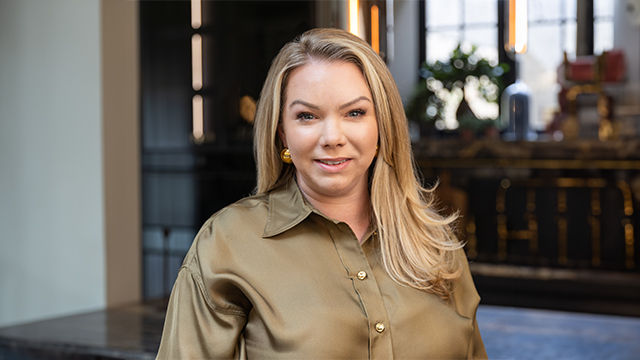Greater supervision of property funds would help to minimise conflicts of interest which arise between different types of property investors and between fund managers and their investors in a crisis.
This was one of the findings in a PwC report, commissioned by The Association of Real Estate Funds, which examines the behaviour and practices of AREF member funds during the financial crisis.
It said that the use of independent representation could take different forms in different situations, including the appointment of independent representatives on boards of fund managers, investment committees or committees of investors or the use of third-party corporate finance advisers in dealing with investors in closed-ended funds in which situations arose of nonalignment of interest between investors.
The report, “Unlisted funds—lessons from the crisis”, reveals that investors favour more supervision independent of the manager, including oversight of key decisions.
However, while larger investors called for more investor representation, smaller ones thought more independent directors would be an improvement.
It also found that while larger investors feel more adequately represented than smaller investors, all interviewees acknowledged that more should be to done to ensure that the voice of smaller investors is heard.
The report finds that UK property funds have come through the crisis so far relatively unscathed, although warned against complacency as the real test for fund managers will come when they launch into fresh equity raising when ” investors may vote with their feet”.
Taking into account an increasingly diverse and international investor base, the report found it is clear that property investors have differing objectives.
It said that for real estate investors, there is a trade-off between those wanting liquidity and those wishing to deploy capital for the long term, and said there is an opportunity for fund managers to develop products which better suit clients’ needs, particularly within the area of hybrid funds, which could bridge the gap between open and closed-ended property funds.
AREF chief executive, John Cartwright, said: “Both property fund managers and investors agree that significant improvements to transparency and communication have come out of the crisis, which must not regress as the market improves. However, communication is a two-way process: investors must communicate their objectives, so that managers can manage existing funds appropriately and develop new products that suit clients’ needs.
“Conflicts of interest can inevitably arise between property fund managers and their investors – but they can also arise between different types of investors in the same fund. Independent supervision and investor representation are ways of addressing these conflicts.
“Today’s report reveals issues which warrant further debate, to inform future product development and AREF’s governance standards through our Code of Practice. It is AREF’s task to take this debate forward and keep the dialogue between managers and investors alive.”
John Forbes, PWC real estate funds partner, said: “Although a more demanding investor base represents a threat for some fund managers, it represents an opportunity for others. Those who manage to rise to the challenges in respect of transparency and governance will differentiate themselves, as will managers who focus on product development to create innovative funds.
“Whilst fund managers believe that communication with investors has improved, there needs to be more dialogue around these major issues. Communication with investors needs to be as much about listening to them as it is about informing them.”
bridget.o’connell@estatesgazette.com











